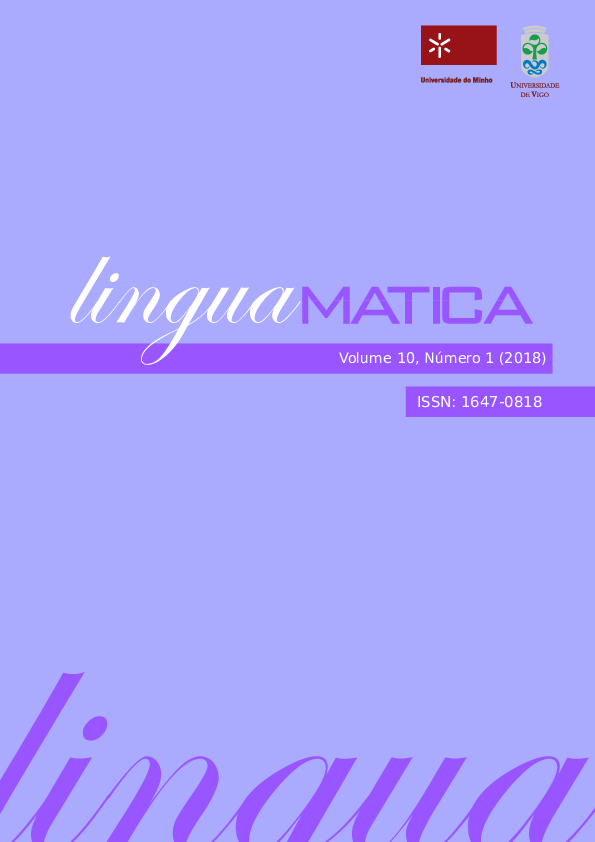Exploring the Automatic Generation of Riddles in Portuguese
Abstract
This article describes several experiments towards the automatic generation of riddles in Portuguese, based on two known features of given concepts. In addition to making sense, one of our goals was to produce novel riddles, ideally, with some humour potential, at least when compared to the so called ``piadas secas'' (dry jokes).
Part of the challenge involved the identification of suitable linguistic resources for this goal, followed by setting rules for their exploitation, given some hypothesis that could increase their novelty and humouristic value. Finally, riddles were rendered as question-answer pairs.
The article is mainly focused on a kind of riddles, for which the generation model is dissected, some examples are presented, and a sample was manually classified by human judges, who, overall, rated them as coherent, moderately novel, but still with a low humor potential.
In order to show how much can still be done, namely about the humor value, the article also presents, briefly, two other experiments, still in an early stage.
Copyright (c) 2018 Hugo Gonçalo Oliveira, Ricardo Rodrigues

This work is licensed under a Creative Commons Attribution 4.0 International License.
Authors who publish with this journal agree to the following terms:
- Authors retain copyright and grant the journal right of first publication with the work simultaneously licensed under a Creative Commons Attribution License that allows others to share the work with an acknowledgement of the work's authorship and initial publication in this journal.
- Authors are able to enter into separate, additional contractual arrangements for the non-exclusive distribution of the journal's published version of the work (e.g., post it to an institutional repository or publish it in a book), with an acknowledgement of its initial publication in this journal.
- Authors are permitted and encouraged to post their work online (e.g., in institutional repositories or on their website) prior to and during the submission process, as it can lead to productive exchanges, as well as earlier and greater citation of published work (See The Effect of Open Access).













